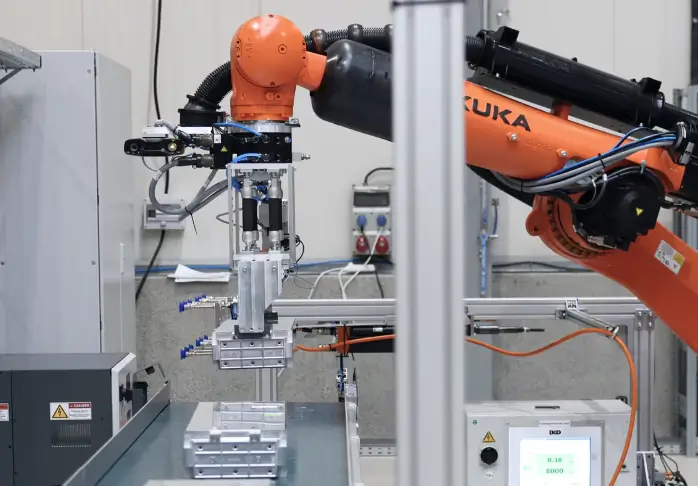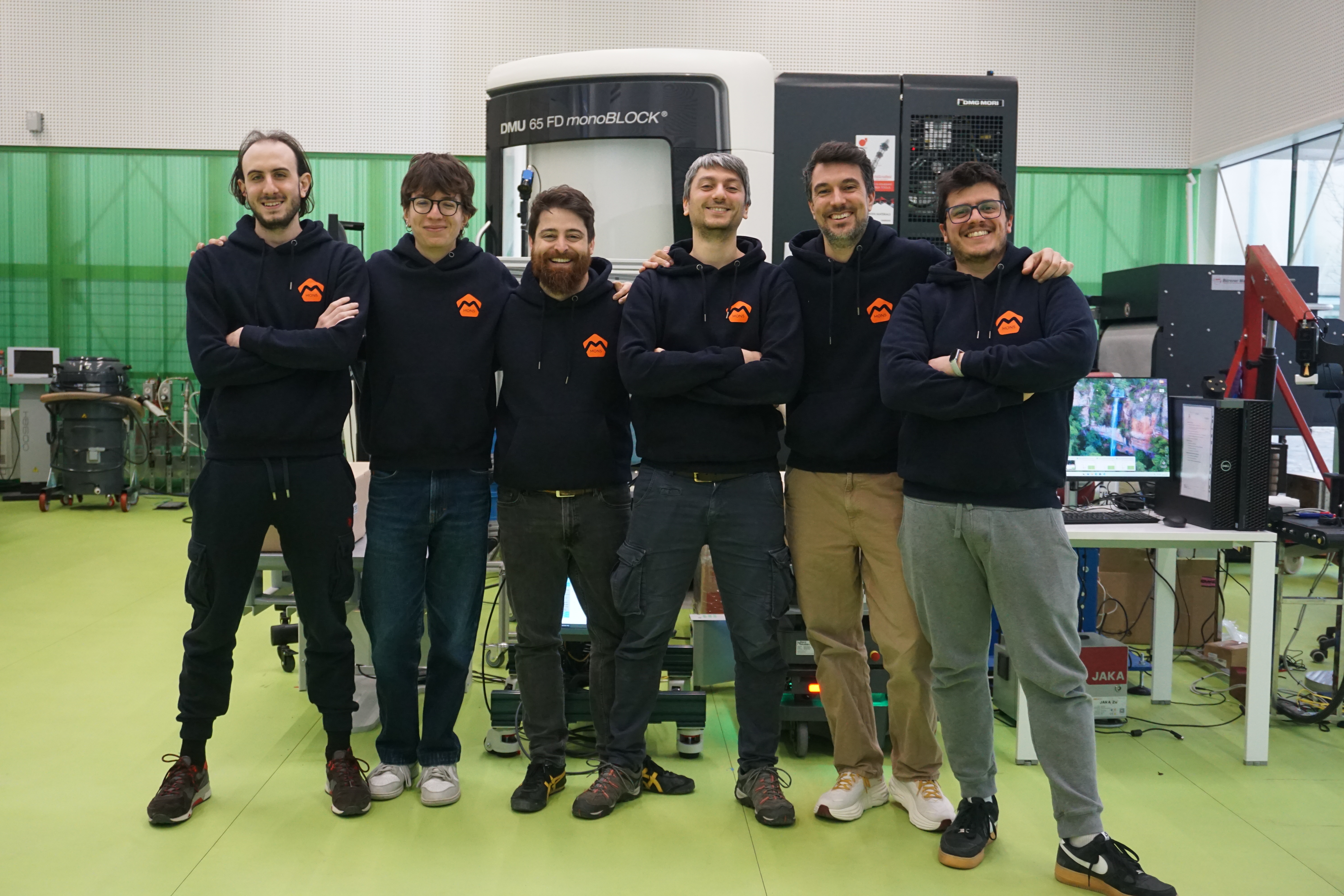

Investing across borders
Leaders of European business angel networks share their experiences in building bridges across borders, pooling capital and accessing larger deal flows.
 Luxinnovation
Luxinnovation
Business angels often play a key role in funding early-stage ventures. In Europe, finding the right investment opportunities – particularly in niche markets – often means that they need to invest across borders. This cross-border approach opens up new opportunities for both startups and investors, but navigating regulatory, cultural and legal differences between countries remains a challenge.
During the Luxembourg Venture Days 2025, Karin Künnapas, CEO of the Estonian Business Angels Network (EstBan), Thomas Marschall, Managing Partner of TMP Ventures headquartered in the Netherlands, and Romain Hoffmann, Vice President of the Luxembourg Business Angel Network (LBAN), discussed the hurdles and advantages of cross-border syndication.
Finding the right deals across borders
For business angels in smaller countries such as Estonia and Luxembourg, investing in startups in other countries is common. “We are open to going abroad – for us it’s normal,” confirmed Mr Hoffmann. “In Luxembourg, we also speak the languages of our neighbouring countries which makes it easier.”
By looking for deals across Europe, you have much more choice.
Thomas Marschall, TMP Ventures
Mr Marschall pointed out that the home market will not necessarily provide a sufficient volume of investment opportunities, especially for business angels specialising in niche sectors. “By looking for deals across Europe, you have much more choice. We can also provide more added value in helping our portfolio companies access our local markets,” he said.
However, identifying investment opportunities abroad is more challenging than in one’s own ecosystem. The business angel networks have different ways of supporting their members: EstBan organises study trips for its members to meet startups and angels in other countries, while LBAN has a network of contacts who bring in a deal flow that complements applications from foreign startups.
Still, more is often needed. “We need a better overview and a quicker way to assess what’s going on in the field across Europe,” said Mr Marschall, mentioning that Dealroom, a global provider of data and intelligence on startups and tech ecosystems, offers some of the necessary insights.
On building trust
While data is useful, the panellists highlighted one key element for successful deals: trust. But creating confidence-based relationships with people outside of your own network can be challenging. “The in-person contact is essential,” said Mr Hoffmann. “We invite startups to come to Luxembourg and pitch to our members face-to-face.” This, he said, helps build relationships in a way that cannot be done remotely.
We invite startups to come to Luxembourg and pitch to our members face-to-face.
Romain Hoffmann, Luxembourg Business Angel Network (LBAN)
Working with local lead investors, who take on the main role of doing the due diligence and putting the deal together with startups, is also a good practice. They have the local knowledge and contacts needed, as well as the commitment. “They typically invest a larger share, which can lead to better returns if the venture succeeds,” Ms Künnapas pointed out. Cooperation with venture capital funds, who generally have an extensive network, is also useful.
The involvement of local investors often signals that a startup is trustworthy. “For us, it is a red flag if there is no home market investment,” Mr Hoffmann said. At the same time, Mr Marschall pointed out that promising companies sometimes cannot find investors interested in their niche at home but have to go abroad.
Bridging cultures
There is still potential to do more to encourage cross-border investment in the EU. “A certain harmonisation of taxation for example would be helpful, and deals would also be facilitated if it was easier to get an overview of shares for sale in well-running companies,” Mr Marschall said. “But the most important aspect is that Europe needs to be more competitive, faster and more willing to take risks. This is a matter of culture rather than regulation.”
Our investors are used to having a deal flow from across Europe. For them, the country of origin is not a determining factor.
Romain Hoffmann, Luxembourg Business Angel Network (LBAN)
Mr Hoffmann underlined the importance of having local legal expertise involved when drawing up deals. “LBAN has templates, but they are only valid in our own country. In most cases, we rely on a local lead investor who engages a lawyer for setting up all documentation.”
Developing an understanding of different cultures is also essential. “Even among the Baltic countries where we frequently invest, cultural differences persist,” said Ms Künnapas. An advantage for Luxembourg investors is that startup teams there are almost always very diverse, including people from different countries who bring wider networks. “Our investors are used to having a deal flow from across Europe,” said Mr Hoffmann. “For them, the country of origin is not a determining factor.”
Photo credit: Luxinnovation/Shine


